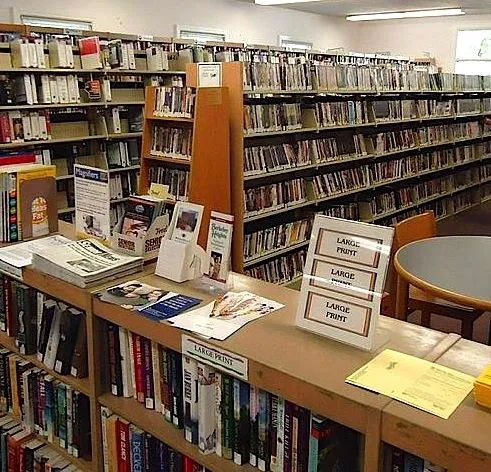Internet speeds at US libraries reveals good and bad news

A new report by the American Library Association (ALA) and the Information Policy & Access Center (iPAC) at the University of Maryland College Park examined broadband access in some 2,200 public libraries around the country.
Broadband Quality in Public Libraries showed that “... nearly half of all libraries report subscribed Internet download speeds as being greater than 10 Mbps in 2013, compared with only 18 percent of libraries four years earlier.” Good news.
At the same time, most libraries need faster speed, and few have achieved national goals. “According to the 2013 Digital Inclusion Survey,” said the ALA’s news release, “just 2 percent of all libraries meet national benchmarks established by the Federal Communications Commission (FCC) that recommend a minimum of 100 Mbps for serving smaller communities and 1 Gbps for libraries serving populations greater than 50,000 people.”
In addition, the nationwide survey found that progress is not smooth, speeds vary greatly – even at the same location, and unsurprisingly, speed reflects the character of the wider community. For instance:
- “City/ suburban libraries report higher median speeds in their testing – for example, 3.5 Mbps download speed in city libraries compared to a median download speed of 9 Mbps in rural libraries – but also greater degradation during heavy internet usage times than town and rural libraries.
- “In most cases, quality of service degrades at peak use times, sometimes dramatically – for example, direct connection download speeds in city libraries are 69% lower during heavy usage vs light usage periods;
- “Captured (and subscribed) upload speeds lag download speeds considerably, impacting libraries’ ability to support emerging services like digital media labs and other user content creation and dissemination.”
Speed Matters applauds the ALA for its work on this issue and urges communities to help improve broadband speeds at our libraries – which are often the principal or even only source of broadband for many people.
Broadband Quality in Public Libraries (ALA supplementary report, Apr. 2015)
Library broadband speed test shows increased capacity; room still for improvement (ALA news, Apr. 16, 2015)
CWA members oppose AT&T’s attempts to stop serving rural and low-income communities in California
CWA urges FCC to deny industry attempts to loosen pole attachment standards
CWA District 6 reaches agreement with AT&T Mobility



